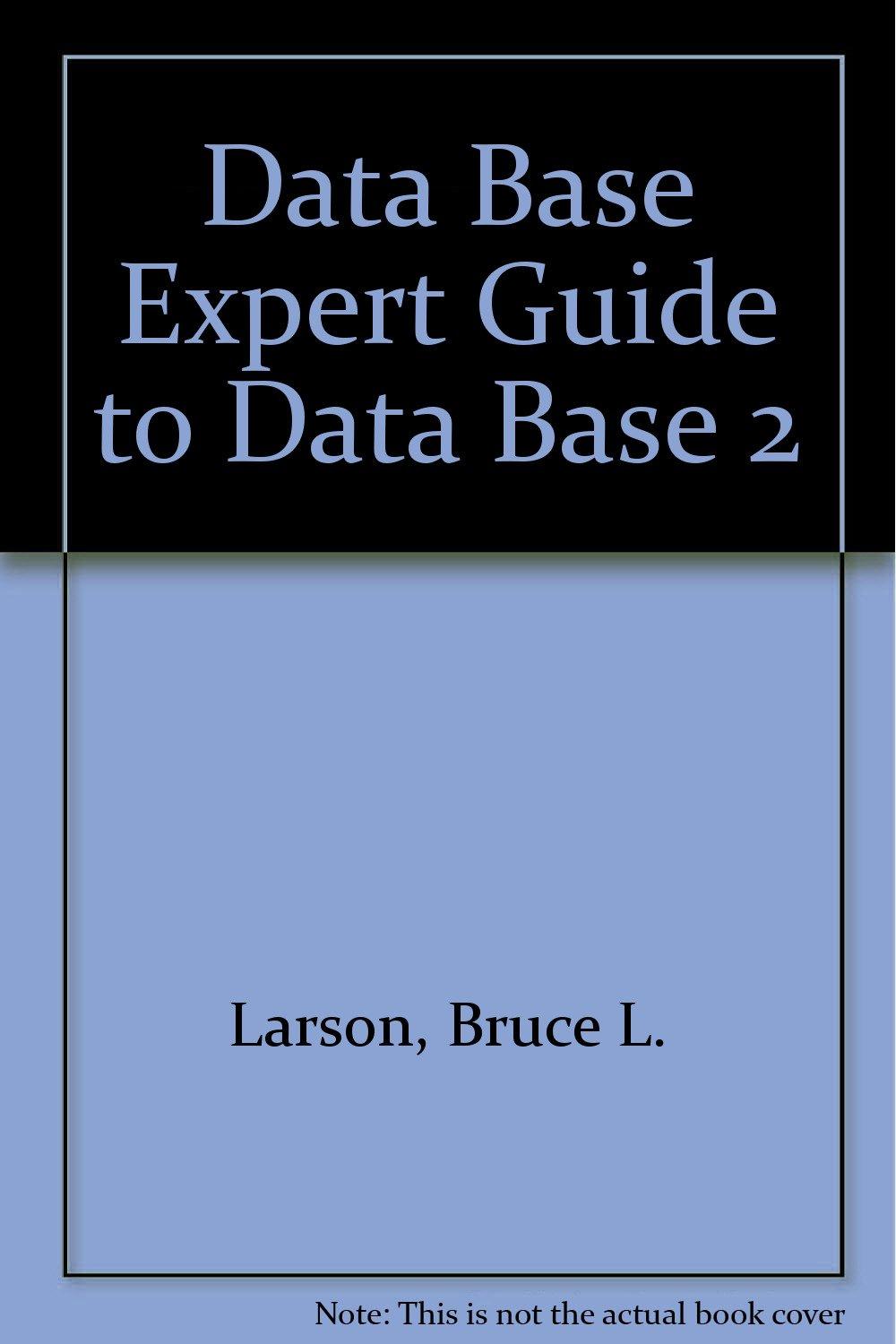Question
Solve in Dr.Racket and (rackunit) A buddy of mine wrote a program that predicts the results of college basketball games (pretty well, I might add).
Solve in Dr.Racket and (rackunit)
A buddy of mine wrote a program that predicts the results of college basketball games (pretty well, I might add). At the end of a week, he would like to know how far his program's predictions were from the actual results. His program has generated a list of predicted difference/actual difference pairs:
( (2 -7) (-4 -20) (7 8) (-13 2) ... )
The first item in this list says that his program predicted Team 1 would win by 2 points, but Team 2 won by 7 points. For that game, his program was off by abs(2 - (-7)) == abs(9) == 9 points. The third item says that his program predicted that Team 1 would win by 7 points and that it won by 8 points, so his program was off by abs(7 - 8) == abs(-1) == 1 point. The list can contain any number of these pairs. (This, too, is not much of a supposition... He wrote his program in Lisp, an ancestor of Racket, and he can surely write a simple expression to produce such a list from his database!) Write a Racket function named total-error that takes one argument, a list of this form. The function returns the total of all the differences in the list. For example:
> (define example '((2 -7) (-4 -20) (7 8) (-13 2))) > (total-error example) 41
I have provided a check-equal? expression for this example. Write at least three more check-equal? expressions to test your solution.
(define total-error (lambda (list-of-games) 'YOUR-CODE-HERE )) ; ----- tests ------- (check-equal? (total-error '((2 -7) (-4 -20) (7 8) (-13 2))) 41)
Step by Step Solution
There are 3 Steps involved in it
Step: 1

Get Instant Access to Expert-Tailored Solutions
See step-by-step solutions with expert insights and AI powered tools for academic success
Step: 2

Step: 3

Ace Your Homework with AI
Get the answers you need in no time with our AI-driven, step-by-step assistance
Get Started


